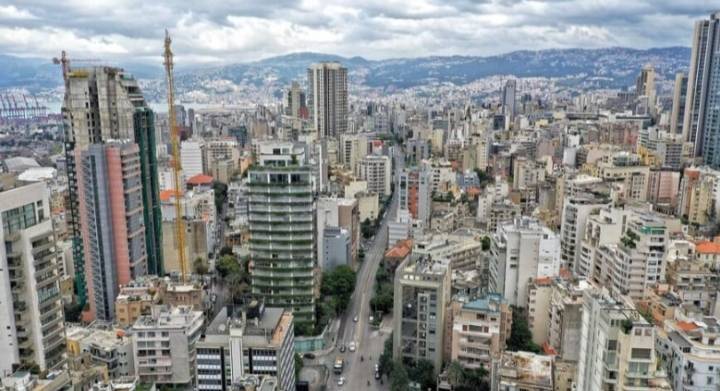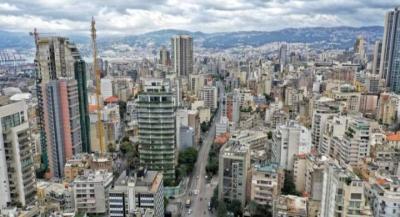Nothing new to report, and nothing old is being revisited; as expected, a period of stagnation prevails following the presidential movement that was active a few weeks ago. The aim is to await a lull and crystallize positions regarding the movements that took place in this regard. Internal calm is met with external activity that emphasizes the necessity of completing the presidential election as soon as possible, warning about the dangerous situation in Lebanon with the ongoing paralysis and vacuum. This was highlighted by several European countries in a joint statement yesterday.
Regarding external affairs, the Paris meeting did not add any positive developments to the atmosphere in Beirut, according to political sources monitoring the issue. They say that despite confirming that Lebanon remains a focus of attention for foreign countries, the lack of recommendations or positions indicates a lack of agreement among the five countries that met concerning Lebanon, suggesting that while Lebanon is on the list, it is not a priority for the international community.
Moreover, it was not expected that the meeting would yield tangible results, regardless of whether it was fruitful or not, because it excluded an essential party, namely Iran, which holds the strongest influence in Lebanon, as solutions cannot come from a single party. This was reaffirmed by the Lebanese scene, where no party has the capability to elect a president alone, according to the sources.
On a different note, the catastrophic situation in Turkey and Syria continues to worsen, with the number of victims from the devastating earthquake rising daily in a frightening manner. This situation extends to Lebanon, as the bloody outcomes in the two mentioned countries spark concern among Lebanese citizens, given the continuing occurrence of earthquakes on one hand and the dissemination of misleading and false news aimed at instilling fear in the hearts of citizens on the other.
In this context, a new point has been raised regarding dams and their danger in the event of any strong earthquake, especially since the repercussions of the collapse of these structures exceed the danger of the earthquake itself, and the dams in Lebanon are not built based on reliable studies. Mohammad Basbous, a member of the Progressive Socialist Party's leadership council and head of the economic and social file, pointed out that "there are several dams in Lebanon, most of which do not store water as is well known because they are built on incorrect foundations, while the few that were built correctly are very few."
In an interview with the "Anbaa" electronic newspaper, he emphasized that the construction of these dams should have taken into account the possibility of earthquakes and tremors, but at the same time, he expresses doubt about this, justifying that "experts have proven that the Bisri dam was being constructed on a seismic fault, and nothing prevents similar issues from being related to other dams."
He continued in this context: "Moreover, the other dams that were built were conducted based on non-scientific studies, and the evidence is clear from their failure to collect water. Consequently, there is also nothing preventing geological studies concerning seismic faults from being unscientific, which could lead to a disaster in the event of any natural catastrophe," affirming distrust in the plans and studies of the Ministry of Energy.
In conclusion, there is a general lack of confidence in government plans, particularly those of the Ministry of Energy, which have proven unsuccessful over the years. Therefore, the danger remains present, and it is the state's responsibility to take measures to prevent potential disasters.




